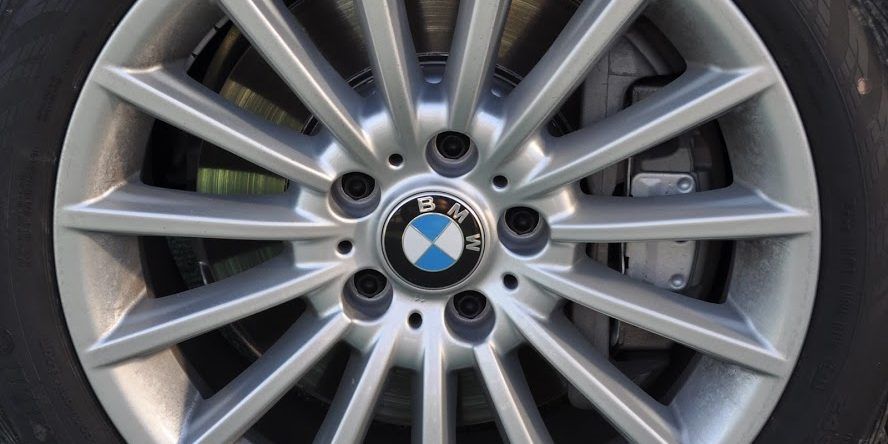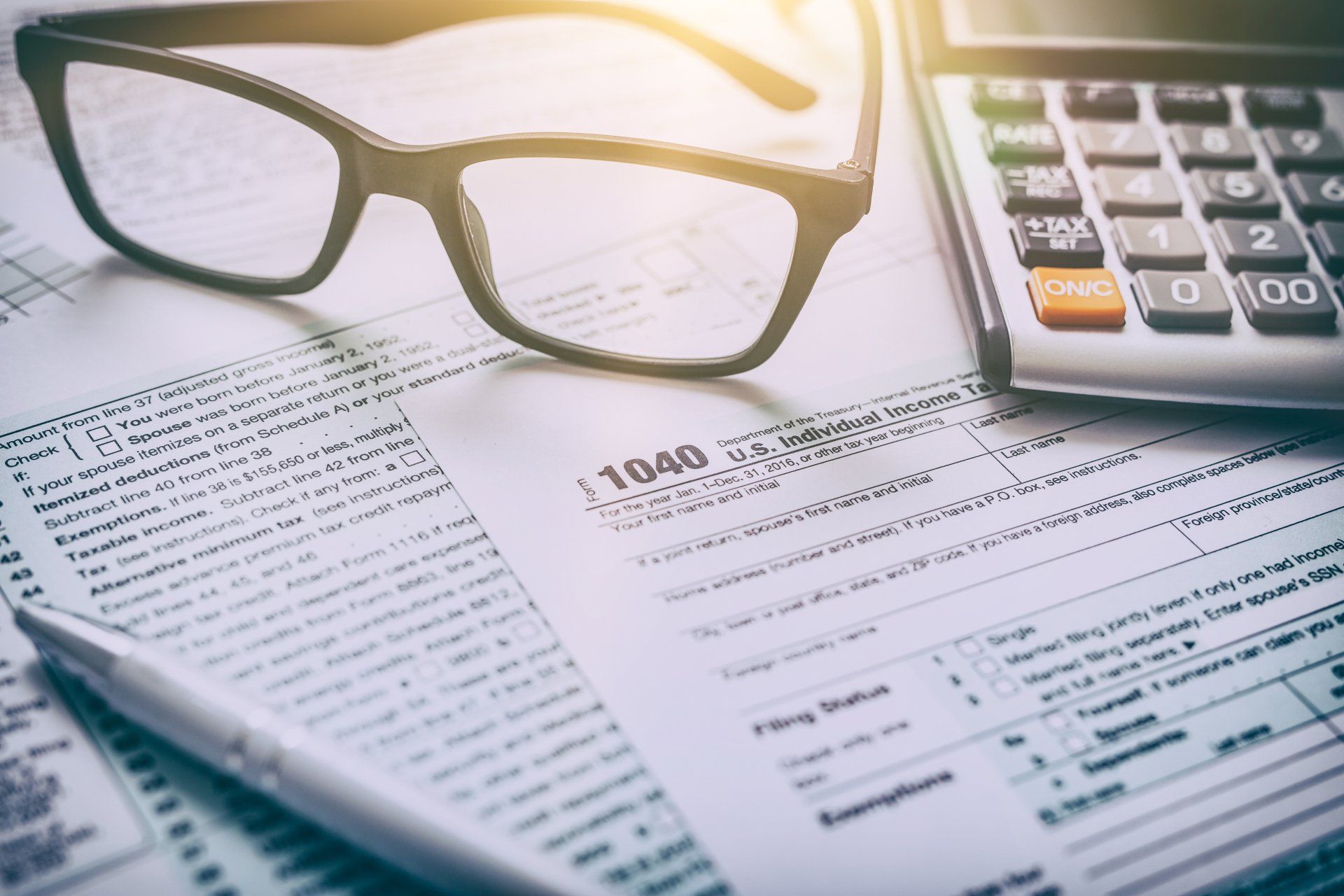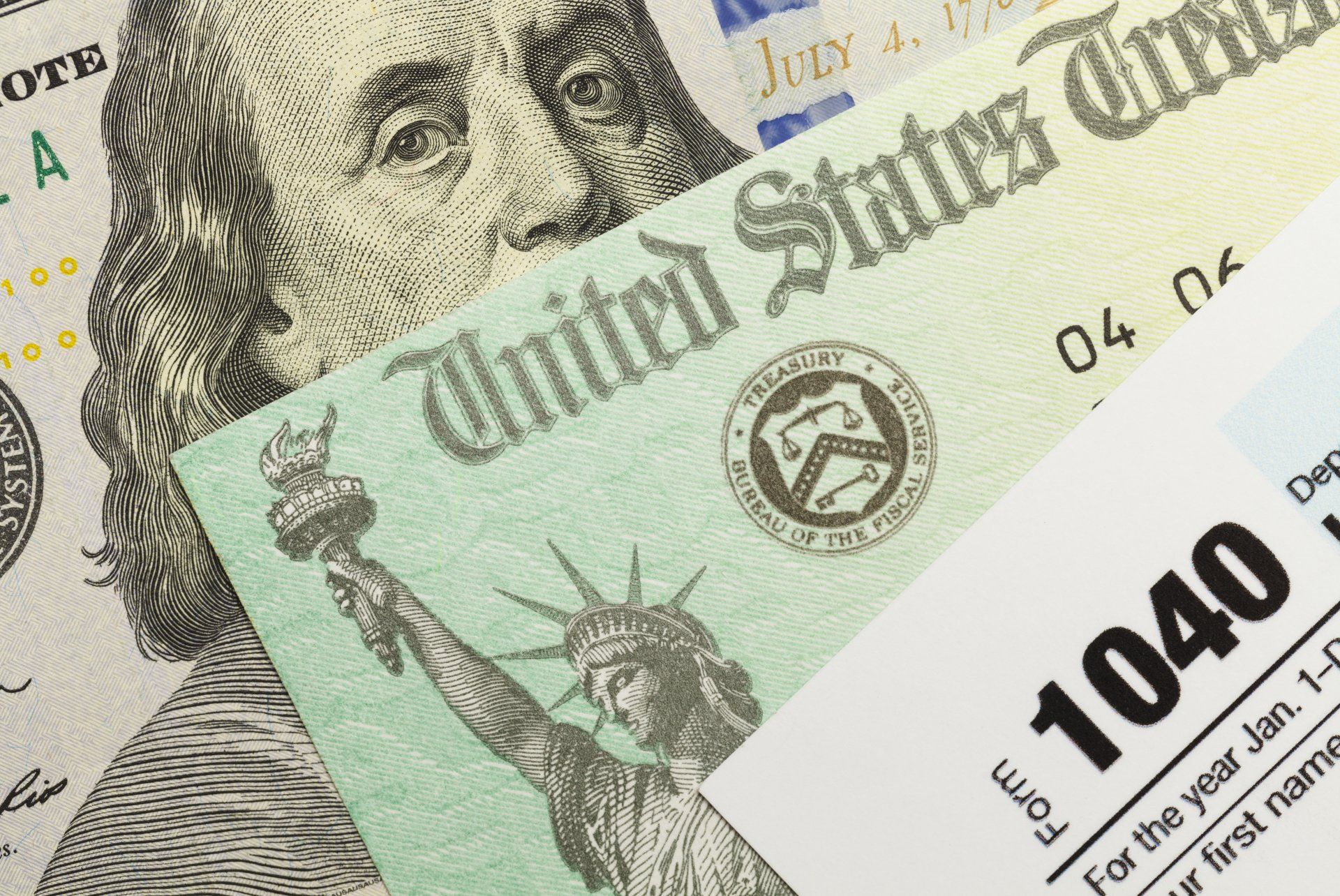Entertainment versus Meals: Guidance released from the IRS

Gregory S. Dowell
October 3, 2018
The Tax Cut and Jobs Act (TCJA) eliminated any deduction for entertainment, amusement, or recreation. What was very unclear following the passage of TCJA, however, was whether meals would remain deductible and, if so, under what circumstances. Tax practitioners have been waiting for clarification from the IRS and, thankfully, some clarification came through late in September, in the form of IRS Notice 2018-76.
Some basic requirements remain in effect. Section 274(k) of the Internal Revenue Code was not amended under TCJA; this section provides that taxpayers may deduct food and beverage expenses if the following apply:
- the expense is not lavish or extravagant under the circumstances
- the taxpayer or the taxpayer’s employee is present when the food and beverages are furnished
Section 274(n)(1) of the Code was amended under TCJA, and it provides that the allowable deduction of a food and beverage expense that meets the above criteria cannot exceed 50% of the expense.
The guidance released by the IRS indicates that taxpayers may deduct 50% of the allowable food and beverage expense if:
- The expense is an ordinary and necessary business expense under Sec. 162(a) paid or incurred during the tax year when carrying on any trade or business;
- The expense is not lavish or extravagant under the circumstances;
- The taxpayer, or an employee of the taxpayer, is present when the food or beverages are furnished;
- The food and beverages are provided to a current or potential business customer, client, consultant, or similar business contact; and
- For food and beverages provided during or at an entertainment activity, they are purchased separately from the entertainment, or the cost of the food and beverages is stated separately from the cost of the entertainment on one or more bills, invoices, or receipts.
One area of concern for the IRS is that taxpayers may attempt to inflate the food and beverage portion (deductible at 50%) and artificially minimize the entertainment, amusement, and recreation expenses (which are not deductible) in situations where both of those elements are present. Notice 2018-76 provides three examples of these situations, all revolving around sporting events, where food and beverage are also provided.
As we have stated in previous articles, it is important for businesses to analyze their expenses to be sure that only the entertainment portion is allocated to the “entertainment” account. Again, those expenses are nondeductible and should be segregated from expenses incurred for meals and beverage. As noted above, it is important that the food and beverage portion be separately stated; if that is not the case, businesses should push back to the venue or provider to produce an invoice that conforms to this requirement.










